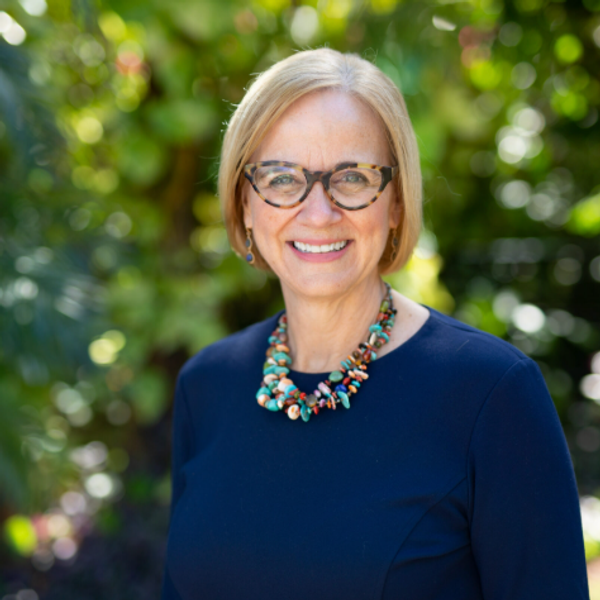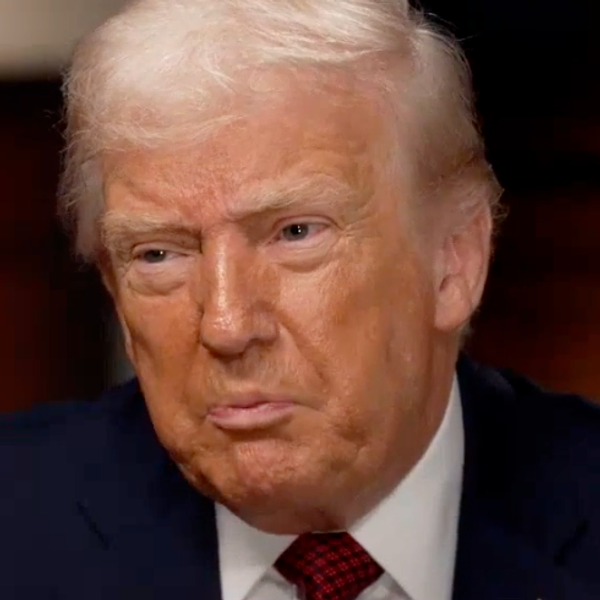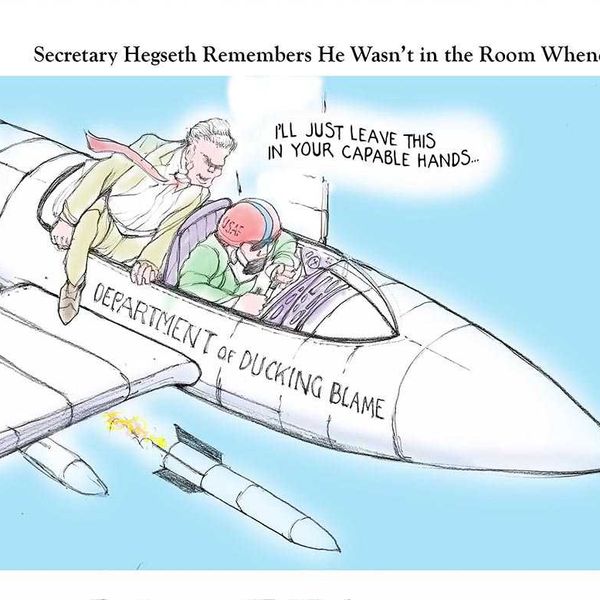Bordeaux (AFP) – Nicolas Sarkozy’s comeback hopes were given a major boost on Monday when judges investigating an election financing scandal dropped a corruption charge against the former French president.
The unexpected decision removes the biggest and most immediate obstacle to a career revival for the 58-year-old, although he remains embroiled in a string of unrelated legal investigations.
The charismatic right-winger had been facing a lengthy trial process, a potential three-year prison term and a ban from public office after being formally charged in March as part of a wide-ranging probe into allegations he illegally received cash from France’s richest woman, Liliane Bettencourt, to help fund his successful 2007 election campaign.
But after six months of deliberations, the judges in charge of the case have decided to send only 10 of the 12 accused for trial and to drop proceedings against Sarkozy and one other suspect, tax lawyer Fabrice Goguel, judicial sources told AFP.
Sarkozy hailed the decision, thanking his supporters and criticizing political opponents who had used the case against him.
“The courts have declared me innocent in the Bettencourt case,” Sarkozy said in a statement on his Facebook page.
“Given my previous responsibilities, I will not make any comment on the way justice has been done,” he said.
“To those politicians who during these long months used this ‘scandal’ and participated in fostering suspicion, I want to remind them that the presumption of innocence is a fundamental principle,” he said.
“Slander gets us nowhere. It does nothing but debase democracy,” he added.
Sarkozy’s allies were also keen to play up the significance of Monday’s unexpected twist in the legal saga.
“It means his political calendar is no longer a hostage to the judicial calendar,” said Rachida Dati, the former justice minister who was a Sarkozy protege. “My feeling is France may have need of someone who can unite and who can provide leadership where there is currently none.”
The specific charge against Sarkozy was that he took advantage of Bettencourt by seeking and accepting her money when she was too frail to know what she was doing. Bettencourt, now 90, has suffered from dementia since 2006.
Amongst the six who will face trial is Eric Woerth, a former minister who was Sarkozy’s campaign treasurer and who stands accused of accepting envelopes stuffed with cash from Bettencourt’s right-hand man, Patrice de Maistre.
The decision to drop the charges against Sarkozy is in line with a recommendation from the prosecutor in the case, who had advised the judges that convictions were unlikely to be secured against six of the 12 accused, including the ex-president.
That advice was initially ignored by the judges, prompting allegations of political bias, and it had been widely assumed that Sarkozy would be sent for trial following the failure last week of an attempt by his lawyers to have the charges dismissed on procedural grounds.
Sarkozy stepped back from politics after losing last year’s presidential vote to Socialist candidate Francois Hollande, concentrating instead on making money on the international conference circuit and spending time with his wife and former supermodel, Carla Bruni, and their young daughter.
But he has repeatedly hinted at a comeback in time for the 2017 election, most notably saying earlier this year that he may be obliged to return to “save” France from a Socialist-created economic disaster.
Polls suggest he would be welcomed back by supporters of his UMP party, the main opposition, and by some key swing voters who deserted him in 2012.
The decision to drop the Bettencourt charges does not mean Sarkozy is clear of legal problems which could yet wreck any comeback bid.
He is separately being investigated over claims he accepted up to 50 million euros ($65 million) in cash from former Libyan dictator Moamer Kadhafi for the 2007 campaign.
Sarkozy has been implicated in a number of other scandals, the most serious of which centers on an allegation that he helped organize kickbacks from a Pakistani arms deal to finance the 1995 presidential campaign of former premier Edouard Balladour.
He is also being probed over allegations that, while president, he used public funds to pay for party political research and handed out contracts for polling to a political crony.
More indirectly, Sarkozy has been caught up in the ongoing investigation into a huge payout made by the French state to disgraced tycoon Bernard Tapie.
Prosecutors suspect Tapie received preferential treatment in the case in return for his support for Sarkozy in the 2007 election.








